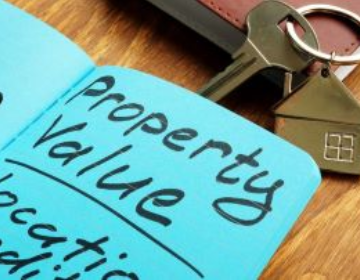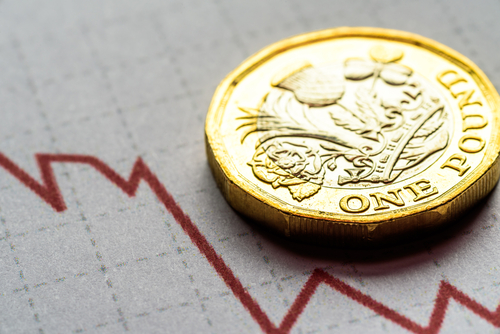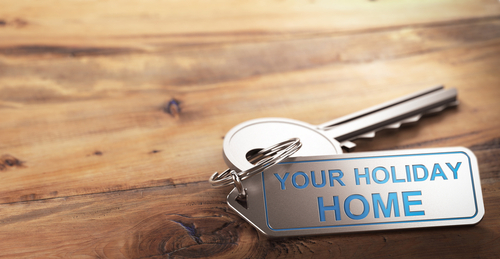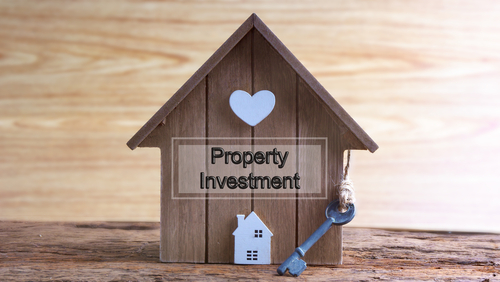10 things to look for when buying an investment property
12 March 2014

By Vicki Wusche, author of ‘Make More Money From Property’
1. Buy for the right tenant
Choose a property that suits the tenant you had in mind. Letting agents can explain local preferences. Think whether a garden, parking, local schools or public transport are the deciding factors for your tenant.
2. Parking is a big deal - everywhere
Does the property have off road parking, a number of permits or will there be a charge? Arranging this in advance makes it easier for a tenant to decide to rent.
3. Check the neighbour’s garden
Check out the neighbours gardens. I have seen miniature Shetland ponies and the life of grime! Think whether your tenant type (NOT you) would be happy living next to these neighbours.
4. Go visit and walk the streets day and night
Never rely on desk research or word of mouth alone. Check out an area for yourself. You must get a “feel” for an area – day and night, weekdays and weekend. View the area and properties while “in the character” of your prospective tenants.
5. Avoid structural issues unless you have trade experience
Know which repairs will put off the novice investor or residential buyer and which you need to avoid. Before investing get a builder to give you a price on any significant repairs – then do the maths to work out if this property makes financial sense.
6. Check the electrics
You will need to consider two things; first whether you need to replace (rewire) the system, which is expensive and secondly if the property is on a card meter. Benefit tenants and lower income families will need card meters to manage their bills, while properties designed for professionals or sharers will need a normal bill meter.
7. Check Energy Performance Certificate rating
Check the Energy Performance Certificate in advance as new legislation will make some properties un-rentable in 2016 onwards if they do not meet a minimum standard.
8. Will a new kitchen make all the difference
When you enter a property for the first time, think whether a new kitchen or bathroom put in at the point of purchase would increase the rentability of the property. It’s easier to renovate a property before you start the renting cycle rather than manage repairs, maintenance and voids afterwards.
9. State of street, the type of cars, and is it mostly tenanted or mixed
Always check out the street. Look at the age and types of cars, the cleanliness of the street, the bins situation. You can start to understand the type of people who live in the area. Confirm if the area is heavily rented or a mix of owner-occupiers and what that means for your rental strategy.
10. Beware the flats!
If you have to invest in flats be very careful as, not only do service charges impact on your profit, but location becomes even more crucial. Check communal areas - a messy and dirty communal area will put off tenants before they arrive at your front door.
By considering these 10 points and thoroughly researching the property, the area, and the likely tenants, you will be well placed to have a stress-free and profitable rental property.




.jpg)








Comments